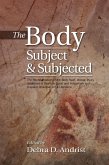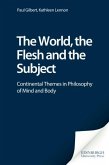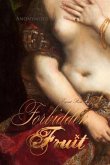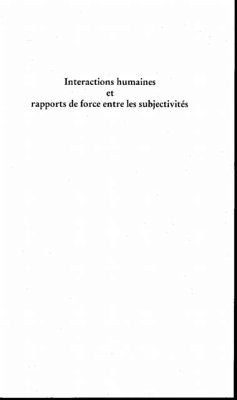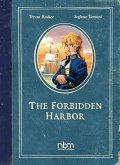The Forbidden Subject launches from Ed Abbey's affirmation in Desert Solitaire: 'This is the most beautiful place on earth'. How could such a sentiment become construed as problematic, elitist, or worse? How was a calculated and intentional attack on beauty sustained for more than a century? How did beauty become, and why does it largely remain, what Emory Elliot dubbed 'the forbidden subject'? This book reviews the devastating impacts modernist avant-garde, Marxism, some feminisms and postmodernism have enacted - through paranoia, blame, cynicism - on beauty, hope and desire. Oppositional epistemologies deliberately eviscerated the possibilities and standing of beauty in criticism as well as in lived experience. According to Myra Jehlen, the orthodox critic thus became 'an adversary of the work he or she analyses', tasked with undoing the aesthetic deception of what was read to 'expose its misrepresentations and false ideals, to strip away the lie and expose the liar'. Tracing the war on natural beauty through the literary and visual arts, The Forbidden Subject asks what it has meant for the humanities, for problem solving environmental issues, for educating students, for our personal lives and, more recently, for ecocriticism. The book asks if current ecocriticism has been misdirected by the corrosive weight of negativity - the requirement always to be 'reading against' - that has persisted in the arts and humanities for decades. It rehearses why a 'return to beauty' was imperative, and what has happened to that return since the turn of the twenty-first century. Pondering these questions, The Forbidden Subject intertwines the potential place and nature of beauty and the beauty of nature and place, concluding with a substantial reading of the poetry and thought of Robinson Jeffers.
Dieser Download kann aus rechtlichen Gründen nur mit Rechnungsadresse in A, B, BG, CY, CZ, D, DK, EW, E, FIN, F, GR, HR, H, IRL, I, LT, L, LR, M, NL, PL, P, R, S, SLO, SK ausgeliefert werden.




